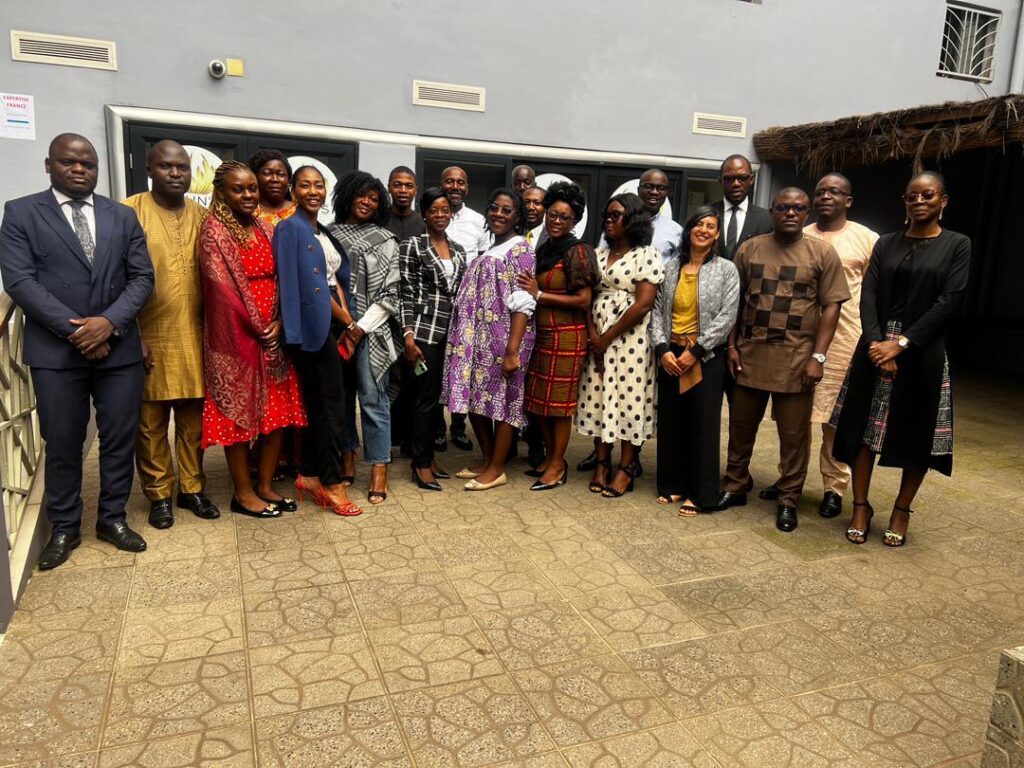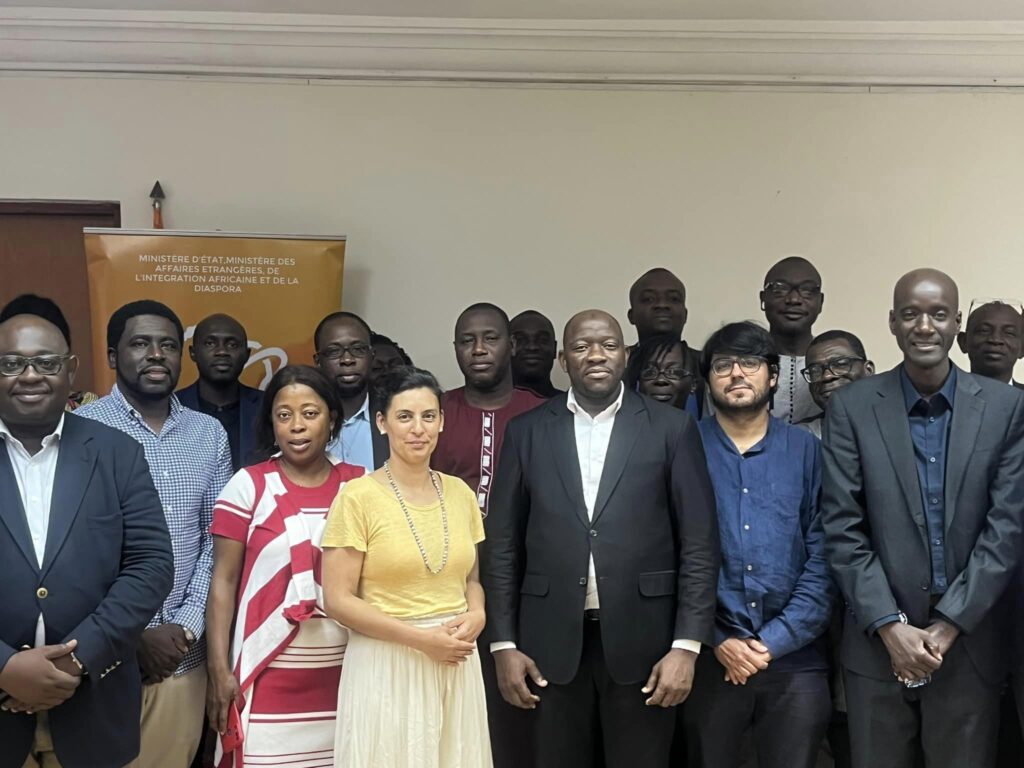Capacity Building
One of the fundamental objectives of the African Centre for the Study and Research on Migration (ACSRM) is to strengthen African national and regional stakeholders’ capacities to address migration challenges and opportunities and ensure an orderly, regular, safe, and dignified migration.
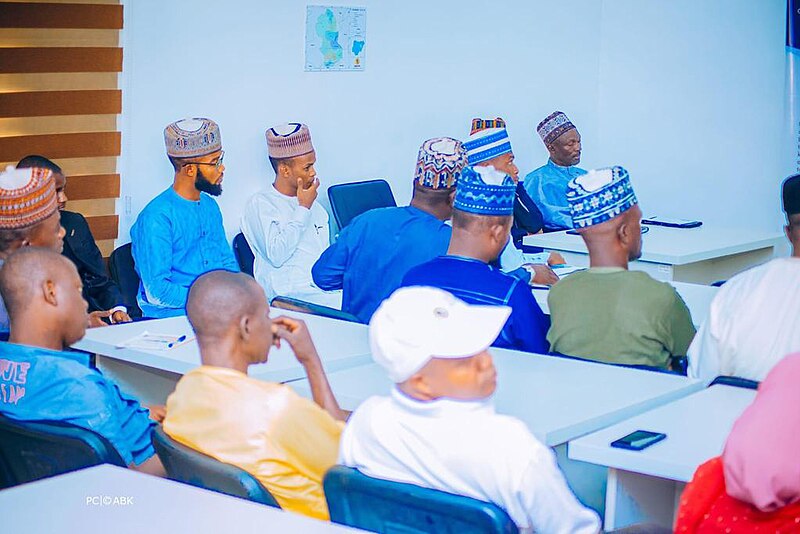
The capacity-building initiatives revolve around increasing awareness of African governments and RECs about the African Union policy instruments on migration, including the African Union Migration Policy Framework for Africa and Plan of Action (2018-2030) and the international instruments related to migration, such as the International Conventions on migration and the Global Compact on Migration, among others. The capacity building will encompass wide-ranging migration issues according to the needs and priorities of African countries.
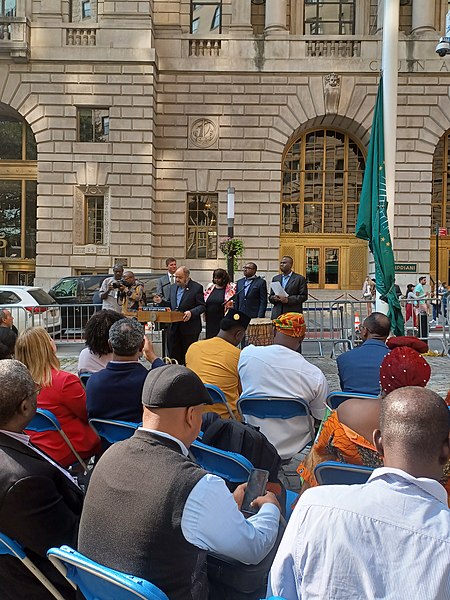
The ACSRM will support African member States in strengthening migration governance and implementing national and international policy instruments on migration. Increasingly, African governments have elaborated national migration policies, but the fundamental challenge remains in implementing these policy frameworks on migration. There is a need to support African member states in domesticating core international human rights instruments related to migration in national laws and legislations. Previous assessments underline the low level of implementation of the African Union Migration Policy Frameworks and other AU instruments on migration at national laws and legislations, thereby reflecting the need to enhance the capacities of African Member States in implementing continental and international/global instruments related to migration.
Priority areas needing improved migration governance include labor migration, migration and development, highly skilled migration, migration and health, irregular migration, human trafficking, smuggling of migrants, and elaboration and implementation of various migration-related policies, including national migration policies, labor migration policies, and diaspora policies. It is also fundamental to enhance a human rights-based approach to migration consistent with international human rights instruments related to migration.
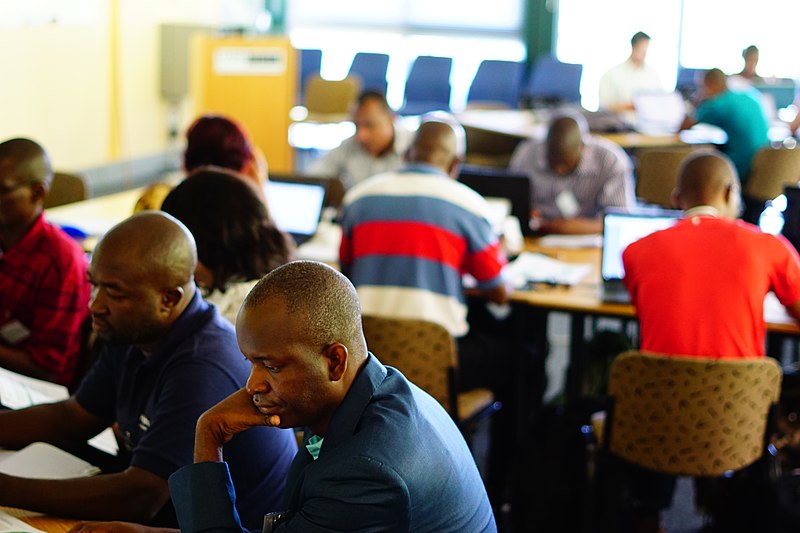
Training and capacity building will also focus on non-state actors such as civil society organizations, grassroots organizations, migrants, and diasporas’ associations with the endeavor to strengthen their role in migration governance, promoting migrants’ human rights, and maximizing the development contribution of migration. The ACRSM builds on a comprehensive assessment of the capacity-building needs of African state and non-state actors on migration.
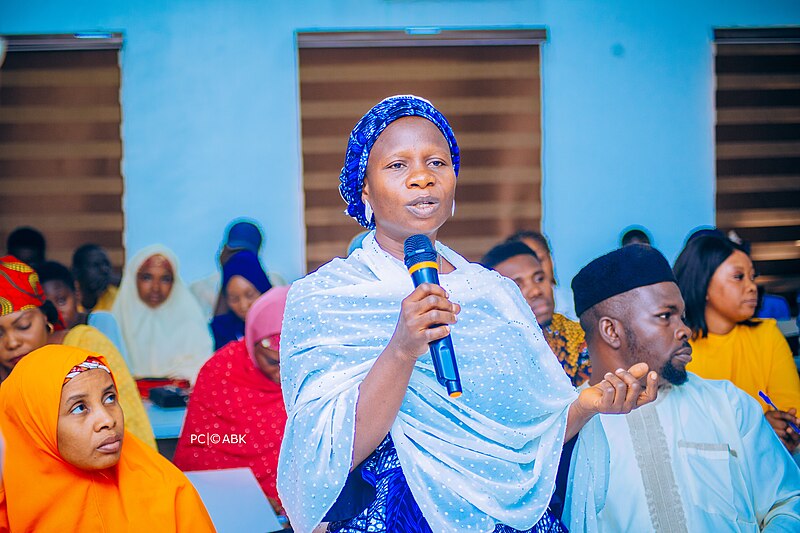
The capacity-building initiatives include wide-ranging activities such as training sessions, knowledge sharing, exchange of best practices, lessons learned, and development of toolkits, handbooks, policy guidance, training of trainers, expert training missions, assessment, policy and advisory services, e-learning and e-seminars and webinars, curricula development, etc.

The key actors benefiting from these training and capacity-building activities include experts from the Secretariats of the Regional Economic Communities dealing with migration issues, experts from international organizations, different ministries, and other national government institutions and agencies in charge of migration issues, academic and research institutions, media, students, migrants and diasporas associations, civil society organizations, NGOs, members of Parliaments, think tanks, etc.
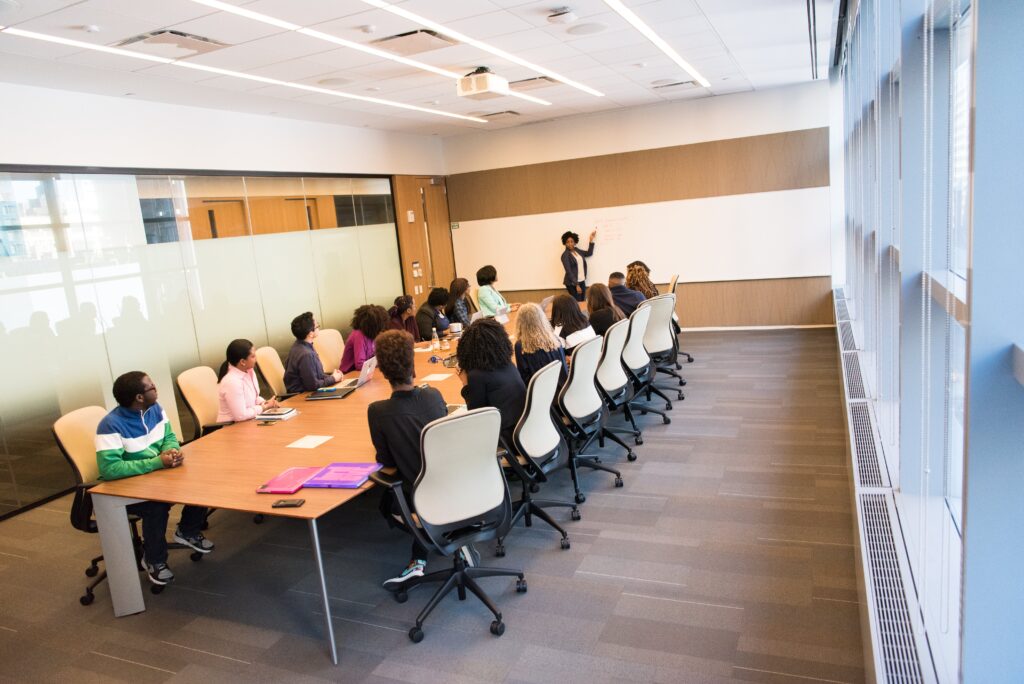
ACTIVITIES
Strengthening the capacities on diaspora engagement for homeland development for the staff of the Ministry of External Relations (MINREX) of the Republic of Cameroon (from
Strengthening the capacities on migration, development, remittances transfer, and diaspora engagement for homeland development for the staff of the Direction Générale de la Diaspora (DGD)

